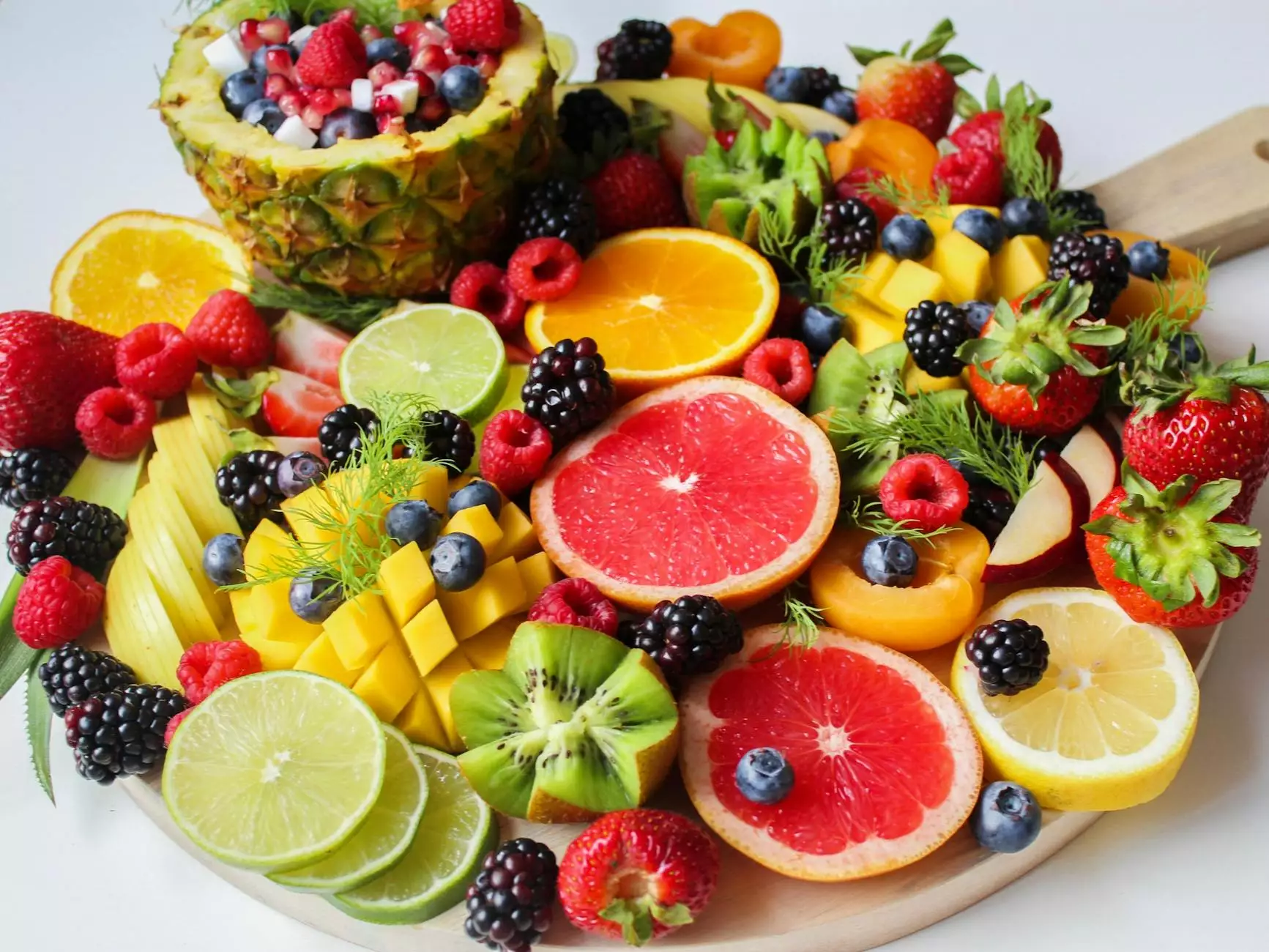Embracing the Organic Baby: The Ultimate Guide to Premium Parenting Choices

The journey of parenthood is filled with the utmost joys and challenges, and ensuring the well-being of your little one is a top priority. In today's world, more and more parents are turning to organic products, especially when it comes to nurturing their organic baby. Making informed choices about what we feed our children can have a profound impact on their health and development. This article provides a comprehensive guide to selecting the finest organic options available, including vitamins, supplements, and specialty foods. Join us as we delve deep into the world of organic parenting and discover how to provide the best for your organic baby.
Why Choose Organic for Your Baby?
Choosing organic products for your baby isn't merely a trend; it's a commitment to providing the best and most nutritious options available. Here are some compelling reasons why organic is the right choice:
- Healthier Ingredients: Organic products are free from harmful pesticides, synthetic fertilizers, and genetically modified organisms (GMOs). This ensures that your baby gets only the purest and most natural ingredients.
- Nutrient-Rich: Research indicates that organic foods often contain higher levels of vitamins, minerals, and antioxidants. For instance, organic fruits and vegetables typically have higher concentrations of beneficial compounds due to the healthy soil in which they are grown.
- Safer: Organic products undergo stringent regulations and certifications to ensure they meet safety standards, making them ideal for sensitive toddlers.
- Environmentally Friendly: Choosing organic contributes to sustainable farming practices that protect our planet and promote biodiversity.
Understanding Organic Baby Vitamins & Supplements
The right vitamins and supplements can play a vital role in your baby's development. As parents, it's essential to choose organic baby vitamins and supplements that provide both safety and nutritional value. Here’s a detailed exploration:
1. Importance of Prenatal Vitamins
If you are expecting, taking prenatal vitamins is crucial. They ensure that both mother and baby receive the necessary nutrients during pregnancy. Look for:
- Folic Acid: Essential for preventing neural tube defects, folic acid should be a primary ingredient in prenatal vitamins.
- Iron: Supports increased blood volume during pregnancy and is vital for fetal growth.
- Omega-3 Fatty Acids: Essential for brain development and can be found in fish oil supplements.
2. Postnatal Vitamins for Nursing Mothers
Nursing mothers also need to ensure they consume adequate nutrients to support both their health and their baby’s. Postnatal vitamins should focus on:
- Calcium: Essential for the development of the baby’s bones, while also maintaining the mother’s bone density.
- Vitamin D: Helps in calcium absorption and is crucial for immune function.
- B Vitamins: These can help with energy levels and are vital for overall health.
3. Organic Baby Multivitamins
Once your baby begins consuming solid foods, consider introducing organic baby multivitamins. These should be:
- Free from Artificial Flavors and Colors: Look for products that use natural ingredients for both flavor and color.
- Easy to Digest: Choose formulations made specifically for young children that are gentle on developing digestive systems.
- Complete Nutritional Profile: Ensure they include a balance of vitamins A, C, D, E, and minerals such as zinc and magnesium.
Specialty Foods for Your Organic Baby
Introducing specialty foods into your organic baby's diet can be fun and beneficial. The explosion of organic baby food options available in the market offers a variety that is safe and enticing for your little one. Here’s how to navigate this world:
1. Choosing Organic Baby Food Brands
When selecting baby food, consider the following:
- Ingredient Transparency: Look for brands that list all ingredients clearly and do not use additives or preservatives.
- Local Sourcing: Prioritize brands that source their ingredients from local farms. This ensures freshness and supports the local economy.
2. Making Homemade Organic Baby Food
Making baby food at home can be a rewarding process. Here’s a simple guide:
- Select Organic Produce: Always start with fresh, organic fruits and vegetables.
- Puree or Mash: Cook until soft, then puree or mash for the desired consistency. Consider using a blender or food processor for smooth textures.
- Store Correctly: Use BPA-free containers and freeze portions to maintain freshness.
3. The Rise of Organic Baby Snacks
Snacking is a crucial part of your baby's nutrition. Here are some organic baby snack options:
- Organic Puffed Snacks: Made from whole grains and often fortified with vitamins.
- Dried Fruits: Avoid added sugars, and choose only naturally dehydrated options for a nutritious treat.
The Benefits of a Whole Food Diet for Your Organic Baby
Adopting a whole food diet for your organic baby is one of the best choices you can make. Whole foods are minimally processed and packed with nutrients. Here’s what to know:
1. Nutrient Density
Whole foods are rich in essential nutrients. For example:
- Fruits and Vegetables: Provide vital vitamins, minerals, and antioxidants.
- Whole Grains: Offer fiber and energy crucial for active toddlers.
2. Establishing Healthy Eating Habits
Introducing a variety of whole foods early can help establish lifelong healthy eating habits:
- Diverse Flavors: Exposing your baby to different tastes can make them less picky as they grow.
- Balanced Nutrition: Ensures they receive comprehensive nutrition from different food groups.
3. Supporting the Immune System
A diet rich in whole foods supports your baby’s developing immune system. Foods such as:
- Yogurt: Packed with probiotics, which aid gut health.
- Citrus Fruits: High in vitamin C, promoting a healthy immune response.
Conclusion: The Future is Organic
As parents, investing in the health of your organic baby means choosing products that prioritize quality, safety, and environmental sustainability. From vitamins and supplements to specialty foods, the organic market offers countless options to ensure the best nutritional start for your child. By embracing organic choices, you’re not just promoting your baby’s health; you’re also contributing to a healthier planet for future generations. Take the plunge—make organic your first choice, and watch your child thrive.
For more information on premium organic products for your little one, visit us at aabb.co.com.









